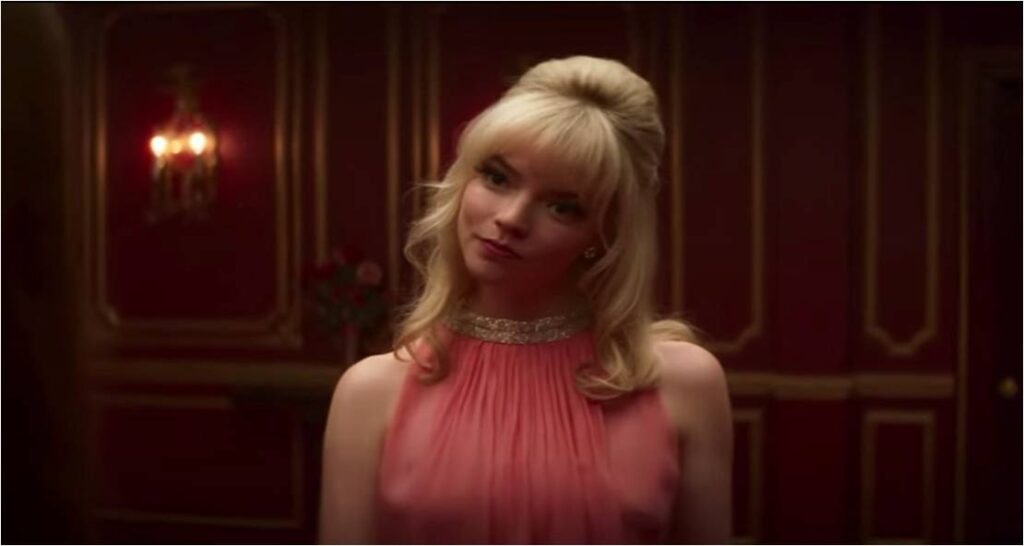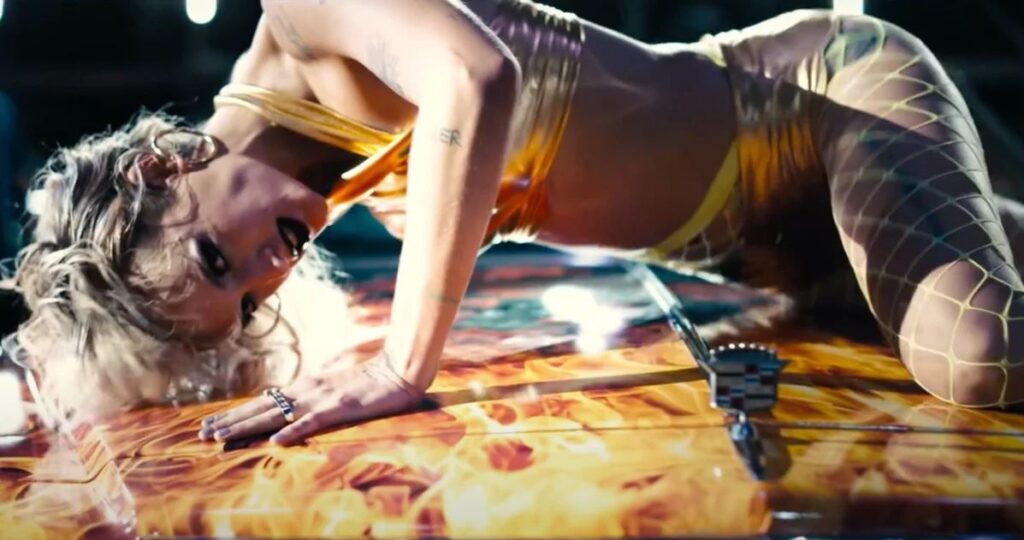Red Rocket: A Star Is Porn

Cognitive dissonance is a valuable artistic tool, but there’s something especially fascinating about Sean Baker’s Red Rocket, which is one of the most enjoyably disturbing—and disturbingly enjoyable—movies I’ve seen in quite some time. On one level, it’s a blaring warning beacon—a chillingly persuasive portrait of exploitation and predation. Yet it’s also a pleasingly relaxed hangout comedy—a sun-kissed ode to the eternal pleasures of sex and drugs and NSYNC. It’s appalling and enthralling; I was aghast watching it and can’t wait to see it again.
The force of nature who provides Red Rocket with its queasy allure is Simon Rex, a journeyman actor and chiseled beefcake whom I’ve never seen before but will almost certainly be seeing again. Armed with a rippling chest and a wolfish smile, Rex plays the coyly named Mikey Saber, a washed-up porn star crawling back home to his impoverished roots in Texas City, where he attempts to shack up with his estranged wife (Bree Elrod); unable to secure legal employment thanks to the lengthy gap in his résumé (“You can call Brazzers and ask for a pay stub…”), he starts scratching out a living by selling weed to local oil riggers. He also manages to ingratiate himself with his wife and her couch-potato mother (Brenda Deiss), thanks to his rugged charm, not to mention his other talents. As his prior occupation suggests, Mikey is good with his dick and also slick with his words, which helps compensate for the black hole where his soul should be. Read More




